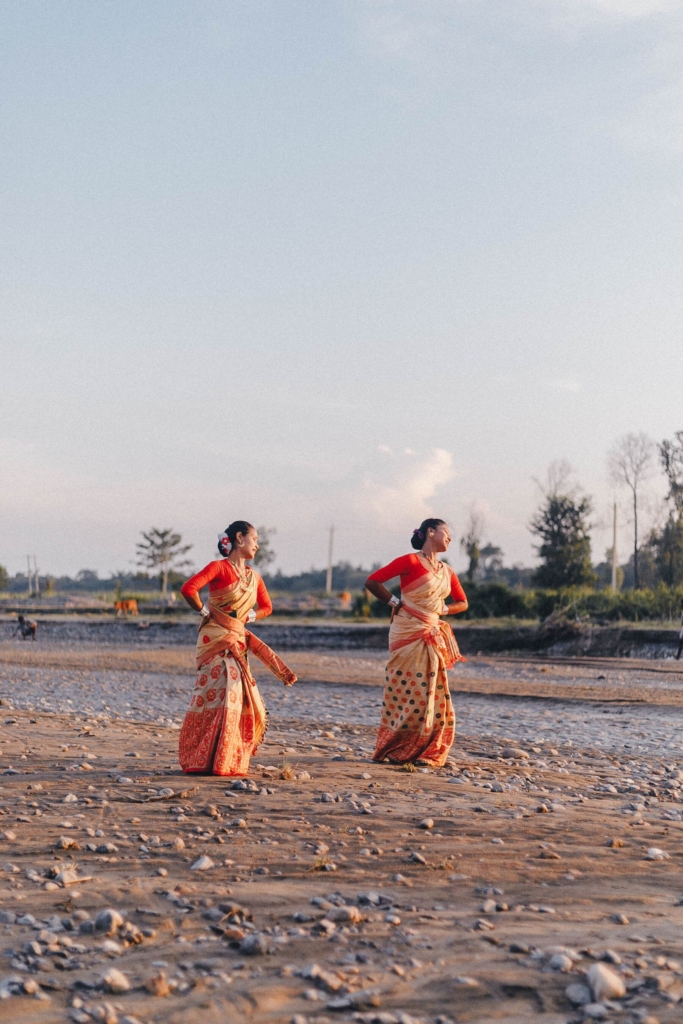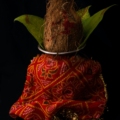Nestled in the northeastern corner of India, the state of Assam comes alive with the vibrant and rhythmic celebration of Bihu. This age-old festival is a true reflection of Assam’s rich cultural diversity, celebrated with immense zeal and enthusiasm.
It is essentially an agricultural festival, marking the Assamese New Year and the arrival of the spring season. It is celebrated thrice a year, each with its unique significance: Rongali Bihu (Bohag Bihu) in April, Kongali Bihu (Kati Bihu) in October, and Bhogali Bihu (Magh Bihu) in January.
Rongali, the most significant of the three, heralds the Assamese New Year and the onset of the agricultural season. The air is filled with the melodies of traditional songs and the sights of vibrant dances, including the iconic dance performed by young men and women in colourful attire. Bonfires are lit, and traditional dishes like pitha (rice cakes) and larus (sweets) are prepared and shared.

Kongali is a quieter and more sombre affair. It is a time when farmers pray for a bountiful harvest. People light earthen lamps in front of the tulsi plant, and there is a sense of restraint in the celebrations.
Bhogali, celebrated in January, is all about feasting. It marks the end of the harvesting season, and people gather to enjoy grand feasts, especially on the eve of Bihu called Uruka. The celebration includes traditional games, such as buffalo fights and egg fights.
It is not just a festival; it’s a way of life in Assam. It represents the agrarian roots of the region, the unity of its people, and the joy of life itself. Visitors during this time are not mere spectators but participants in the joyous celebrations, making this festival a truly memorable and enriching experience.
For travellers seeking authentic cultural immersion, this Festival in Assam is an opportunity to witness the heart and soul of this enchanting state. It’s a time when Assam opens its arms and invites you to join in the rhythmic celebration of life.


